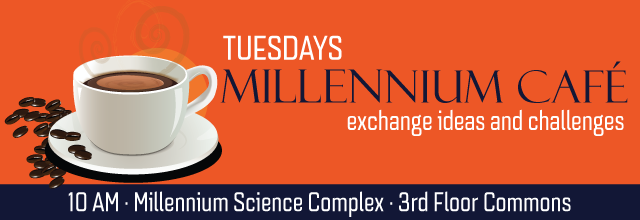
Countries across the Global South face water management challenges at both ends of the spectrum: sometimes there is too much water in the case of flooding and at other times there is not enough water to support agriculture and development. This talk will examine how water management decisions – with the examples of dams in sub-Saharan Africa and rice production in India – exacerbate socio-economic vulnerability today and in the future. Ongoing and future research ideas will be presented with the aim of providing evidence to support policy-making in these contexts.
Mook Bangalore | School of Public Policy
